Reason, observation, and experience; the holy trinity of science
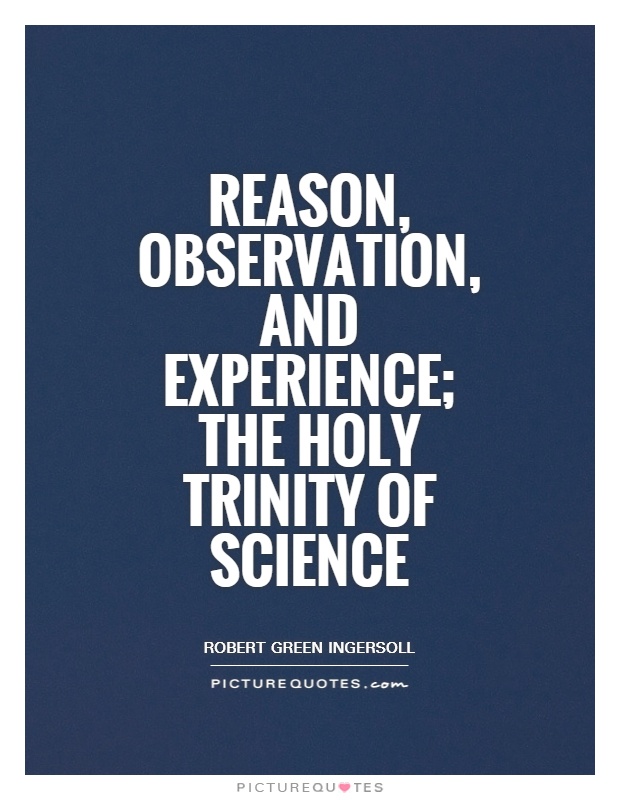
Reason, observation, and experience; the holy trinity of science
Robert Green Ingersoll was a prominent American lawyer and orator known for his staunch advocacy of science, reason, and secularism. Ingersoll believed that reason, observation, and experience were the holy trinity of science, guiding humanity towards a better understanding of the natural world and fostering progress and enlightenment.Ingersoll's views on science were deeply rooted in the principles of rationalism and empiricism. He believed that reason, the ability to think logically and critically, was essential for uncovering the truths of the universe. Ingersoll argued that through the application of reason, humans could discern patterns, make predictions, and ultimately gain a deeper understanding of the world around them.
Observation, according to Ingersoll, was another crucial component of the scientific method. By carefully observing the natural world and collecting data, scientists could test hypotheses, draw conclusions, and refine their understanding of the laws that govern the universe. Ingersoll emphasized the importance of empirical evidence, arguing that beliefs should be based on observable facts rather than blind faith or superstition.
Experience, in Ingersoll's view, was the final piece of the puzzle. Through experimentation and practical application, scientists could validate their theories and refine their understanding of the natural world. Ingersoll believed that experience was essential for testing the validity of scientific claims and ensuring that knowledge was based on solid evidence rather than mere speculation.
Ingersoll's advocacy for reason, observation, and experience as the holy trinity of science was a reflection of his commitment to enlightenment values and his belief in the power of human reason to overcome ignorance and superstition. By promoting a scientific approach to understanding the world, Ingersoll sought to inspire others to embrace critical thinking, skepticism, and a commitment to evidence-based inquiry.
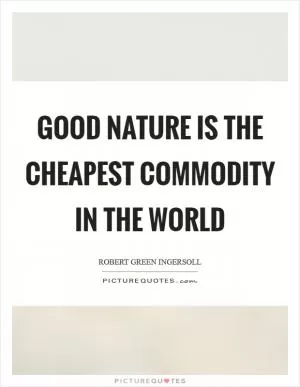

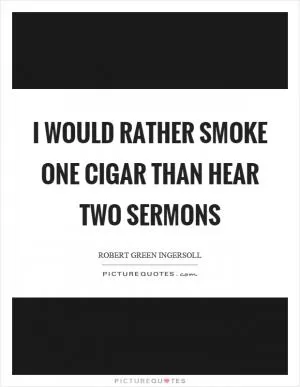
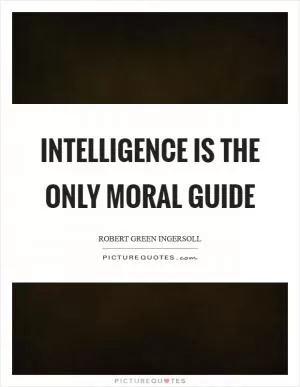
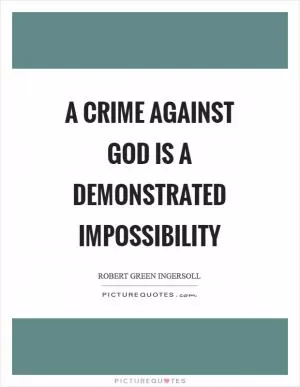
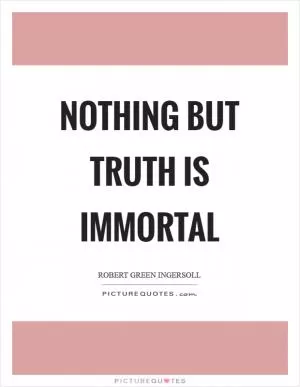
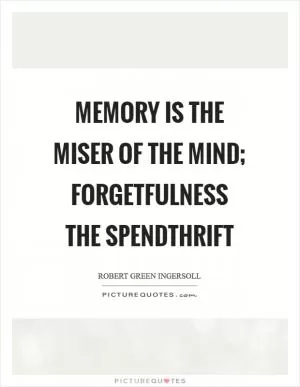
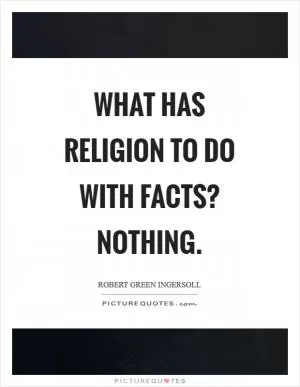



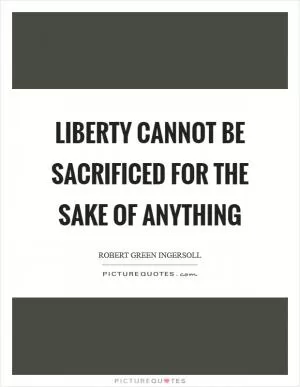
 Friendship Quotes
Friendship Quotes Love Quotes
Love Quotes Life Quotes
Life Quotes Funny Quotes
Funny Quotes Motivational Quotes
Motivational Quotes Inspirational Quotes
Inspirational Quotes